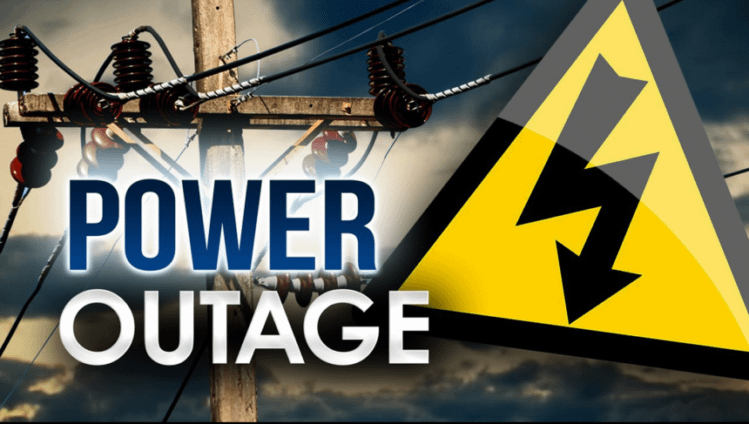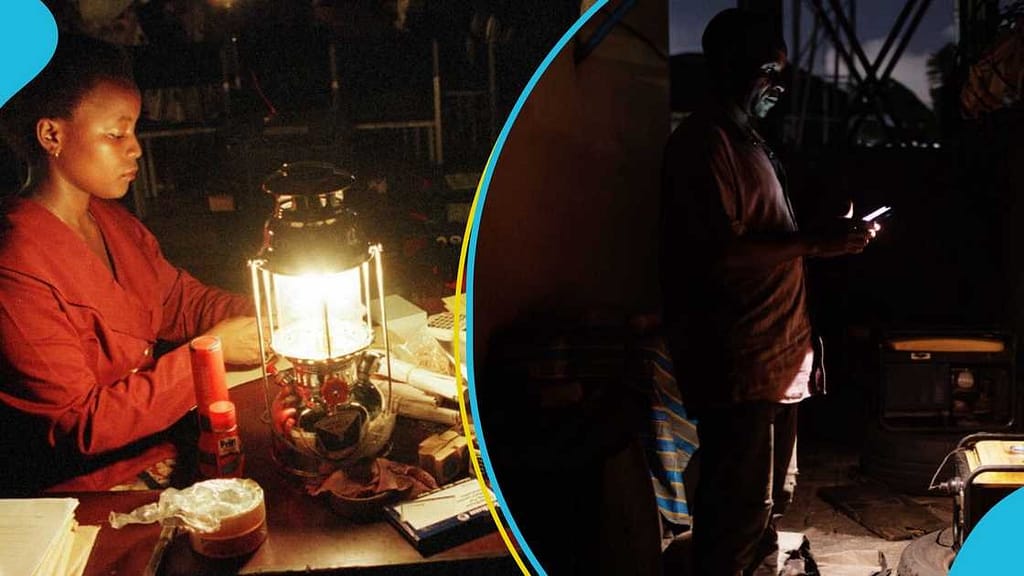News
WAPCo Delays Pipeline Maintenance to Prevent Power Crisis in Ghana

Published
5 months agoon
By
M N Ridwan
The West African Gas Pipeline Company (WAPCo) has postponed its planned pipeline maintenance by two weeks, a crucial decision made to prevent an impending power crisis in Ghana.
The maintenance, initially set to begin this week, had raised significant concerns about the potential impact on the country’s power supply.
According to reports from Citi News, the decision to delay the maintenance followed intensive negotiations between WAPCo and a government technical committee.
The Ghana Grid Company (GRIDCo), which manages the national electricity transmission network, had warned that the maintenance could exacerbate the already existing fuel shortages for thermal power plants.
Combined with a potential disruption in the gas supply from the pipeline, this situation would have placed a severe strain on Ghana’s power generation capacity.
During a high-level meeting that included representatives from WAPCo, GRIDCo, and the technical committee, key concerns about the possible reemergence of power outages, commonly known as “dumsor,” were discussed.
This scenario, marked by periodic electricity blackouts, would have disrupted both businesses and households across the country, adding to the growing economic challenges.
In light of these concerns, WAPCo has agreed to delay the maintenance in order to allow the government more time to secure alternative fuel supplies and stabilize the electricity generation process.

This additional time is seen as essential in ensuring that power disruptions are avoided, at least for the time being.
The delay offers a temporary reprieve to the Ghanaian populace, as the country continues to grapple with power sector challenges.
With the new maintenance schedule, the government and energy authorities have more breathing space to ensure that alternative measures are put in place to maintain power supply and prevent a widespread crisis.
The situation highlights the importance of collaborative efforts between energy stakeholders to avoid further strain on the country’s already stretched power infrastructure.
This move by WAPCo reflects a growing urgency to stabilize the energy sector, which remains a significant concern for the Ghanaian economy.
The public and businesses will be hoping that these negotiations will lead to more sustainable solutions to the country’s long-standing energy issues.












